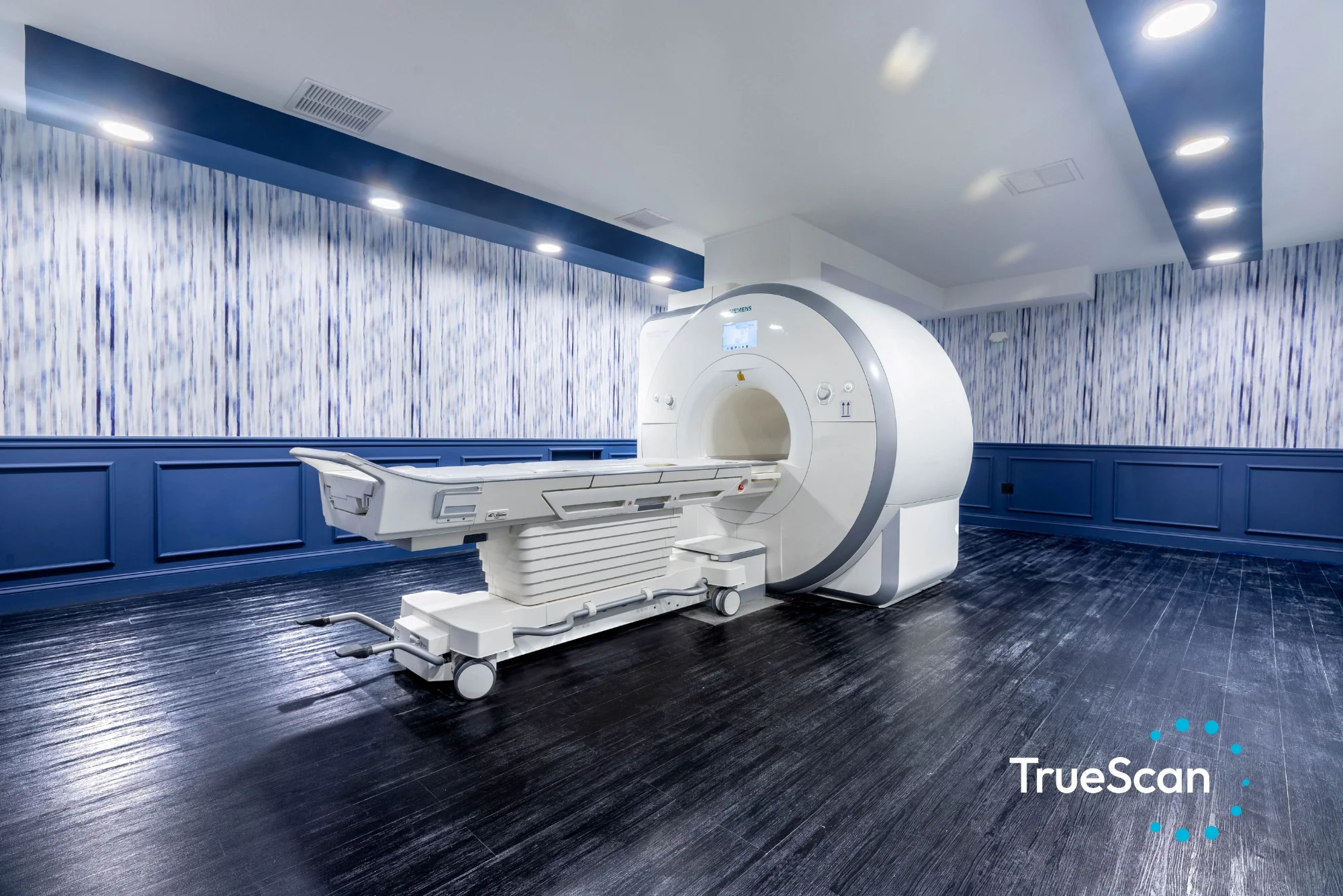
Age-related hormonal changes are completely natural. However, some symptoms or combinations of symptoms raise a red flag.
If you’re experiencing brow-raising symptoms such as frequent exhaustion, decreased libido, irritability, and more, you might be wondering if these are signs that you need hormone replacement therapy. Let’s talk about hormone replacement therapy, its potential benefits, and who it’s for.
What Is Hormone Replacement Therapy?
Hormone replacement therapy, or HRT, is a form of hormone therapy meant to treat symptoms associated with aging and address a hormonal deficiency or imbalance. Although it isn’t a replacement for a healthy lifestyle, it’s worthy of discussion for those who may benefit.
Although many people associate hormone replacement therapy with women experiencing menopause, hormone optimization can also be effective for men, as well as for women in other stages of life.
For men, the hormone we’re talking about is testosterone. For women, it’s more complicated. The hormone in need of replacement could be estrogen, testosterone, progesterone, or a combination, depending on the person’s age, stage of life, and symptoms.
Before we go further, it’s important to note that I never check hormones in a silo. I would never say, “Oh, you have that symptom? Let’s go ahead and put you on some hormones!” I’ll first take a close look at your entire panel, including your medical history, metabolic health, cardiovascular health, thyroid, blood sugar level, and more, to try to find the root cause.
But the truth is, as we age, hormonal changes definitely influence health. If you’re showing any of the following signs, along with low hormone levels, hormone replacement therapy might be a great tool to optimize those levels.
What Are the Signs That You Might Benefit From Hormone Replacement Therapy?

Although the following symptoms don’t necessarily mean you need hormone replacement therapy, we consider them to determine whether hormonal testing is merited and how to approach the testing results.
Low Energy
Do you feel like you’ve lost your mojo? Those with low energy often find themselves quickly exhausted and wanting to nap during the day. In other words, you’re just shot.
Hormonal imbalances and deficiencies can affect your motivation and drain your energy. Hormone optimization may help you regain your spark.
Weight Gain and Muscle Loss
When you eat well and exercise regularly but can’t seem to progress in the gym (and, in some cases, you even gain weight), a hormonal deficiency may be to blame.
We’re not referring to reduced muscle mass or weight gain related to overeating or lack of exercise. Hormone replacement therapy is not a treatment for couch potatoes. Our message here is that testosterone levels could be an underlying issue for those who consume adequate calories and protein daily but struggle to build muscle. However, if you’re eating poorly and lying around all day, HRT won’t necessarily solve the problem.
It’s worth noting that testosterone isn’t a strictly male hormone — it’s also critical for aging women to maintain muscle mass and stave off fat accumulation.
Increased Recovery Time (or Decreased Exercise Tolerance)
Let’s say you’re hitting the gym, but you can’t stay there long enough to make any improvements. You can’t run faster; you can’t do that pullup you’ve been working hard for. You’re so sore after you work out that you can’t make any progress because it’s taking so long to recuperate.
One of the telltale signs of a hormone imbalance is decreased exercise tolerance. If the above scenario sounds like you, ask us about hormone replacement therapy.
Decreased Libido
For men, I would define decreased libido as going through an entire day without thinking about sex. The definition is a little more complicated for women and not quite as definite — it depends on where they are in their cycle (if they still have one) and stress levels. The imbalanced hormone here would be testosterone, and for women later in life, estrogen.
We all experience stages when our sex drive is below par. But suppose you find yourself disinterested to the point you don’t think about sex often or feel much desire. In that case, I typically recommend testing for hormone levels and other potential causes.
Irritability
By irritability, I don’t necessarily mean you’re constantly losing your temper. What I mean is general impatience. Maybe you’re unusually touchy or grumpy. Or perhaps you feel unsettled and anxious all the time, but don’t always show it.
In men, irritable and uptight feelings can result from a below-optimal level of natural testosterone. In women, the specific hormone can vary, although estrogen is often the culprit when they’re in their late 40s or older.
Poor Sleep
Poor sleep might mean frequently waking up in the middle of the night and having trouble going back to sleep. It could mean you don’t feel rested when you get up in the morning, and you feel like you’re dragging all day.
If hormones are the cause of poor sleep, the specific deficiency in women can vary. If you’re in your late 40s or above, it’s typically due to low estrogen, progesterone, or even testosterone. In men, on the other hand, poor sleep can be caused by low testosterone.
Erectile Dysfunction
One of the signs that a man may benefit from hormone replacement therapy is a pattern of erectile dysfunction (ED). However, there are many causes of ED outside of imbalanced hormones.
Even if imbalanced hormones are a cause, they may not be the only cause. In such a case, hormone supplementation alone won’t solve the problem. If you’re experiencing ED, we’ll investigate all potential causes and develop an appropriate treatment plan, which could include diet changes, physical activity, medications for other conditions, further medical interventions, and hormone replacement therapy.
Menopausal Symptoms
Perimenopause, or the transition from the reproductive years to menopause, is a period of fluctuating hormonal levels. Most women enter this transition in their 40s.
Because estrogen levels vary during perimenopause, you may experience menopause-like symptoms such as vaginal dryness, hot flashes, and night sweats. After testing your hormone concentrations, I may recommend a temporary regimen of hormone supplementation to ease the transition.
After menopause, estrogen levels diminish permanently and even more significantly. In response, vaginal tissues can lose elasticity and lubrication, leading to discomfort during intercourse, more frequent vaginal or urinary tract infections, and urinary incontinence.
In such cases, hormone replacement therapy may be appropriate, but we also look at alternative therapies.
Do the Signs Always Indicate Hormone Replacement Therapy?
If you’re experiencing some of the signs above, it’s a great idea to start a conversation with your physician. Hormone replacement therapy may be a solution or part of a solution, or it may not be right for your situation at all.
While hormone replacement therapy is worthy of a discussion, it isn’t suitable for everyone with low hormone levels. Let’s say a female patient walks into our practice, and she’s had four blood clots in her lifetime. She may be extremely estrogen deficient, but because of that contraindication, we can’t put her on estrogen.
It’s also important to note that hormone replacement therapy is not a magic bullet or a quick fix — that is to say, it’s not a substitute for a healthy lifestyle.
When we optimize your hormone levels, all we’re doing is setting the stage for your tissues to respond to healthy lifestyle choices. If you’re put on testosterone and you don’t exercise or eat right, you still won’t feel great. HRT is a tool to put in your toolbox to help you get the results you want.
Also, the signs and symptoms listed above aren’t exclusive to hormone deficiencies or imbalances. They can be signs of other issues as well. For example, if you’re fatigued and have low energy, that can be a sign of anemia. In that case, we would need to investigate the underlying cause of anemia, not replace your hormones.
There is no one-size-fits-all approach to health. But if you feel you’re showing signs that you may benefit from hormone replacement therapy, let’s have a conversation.




